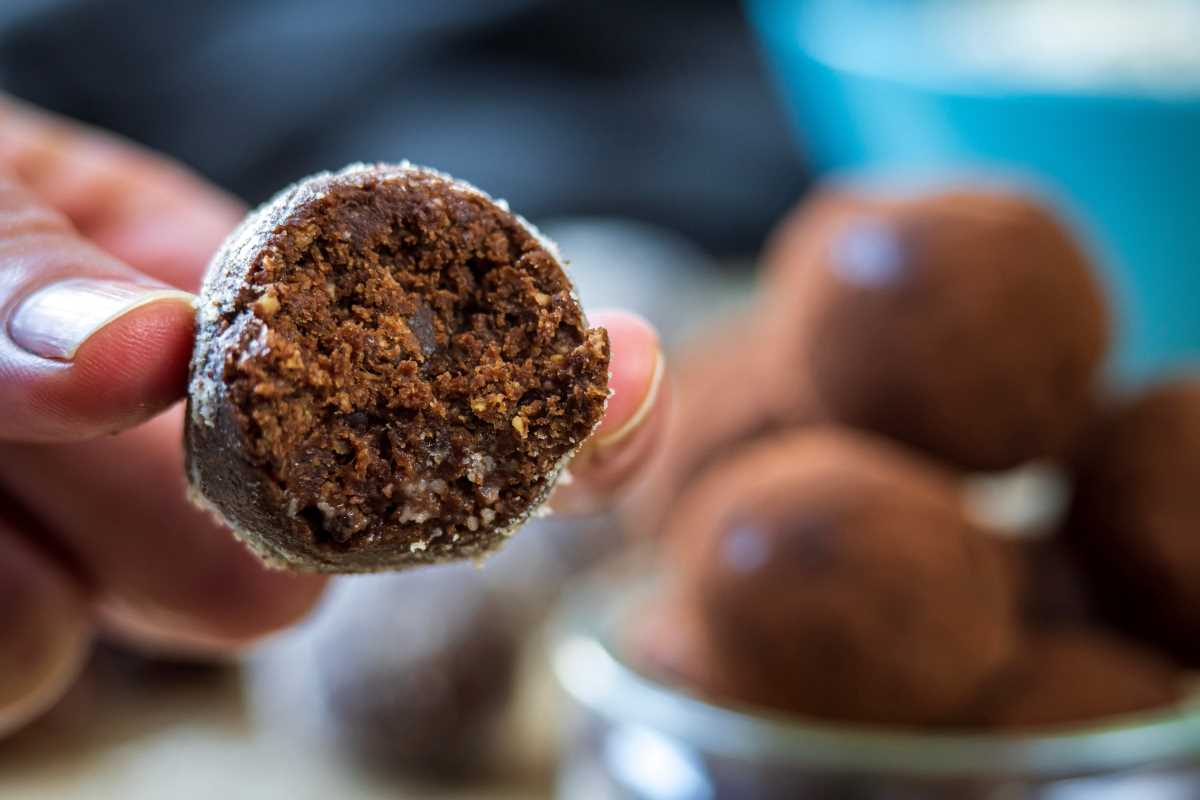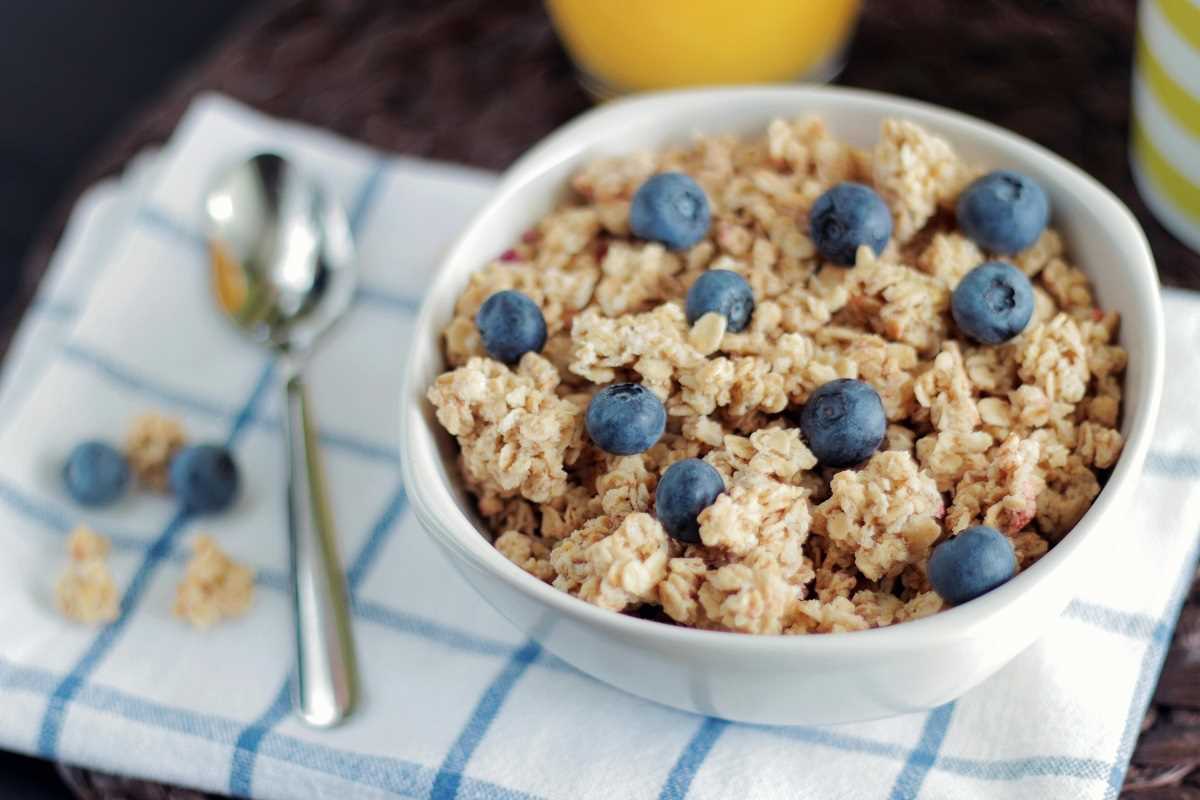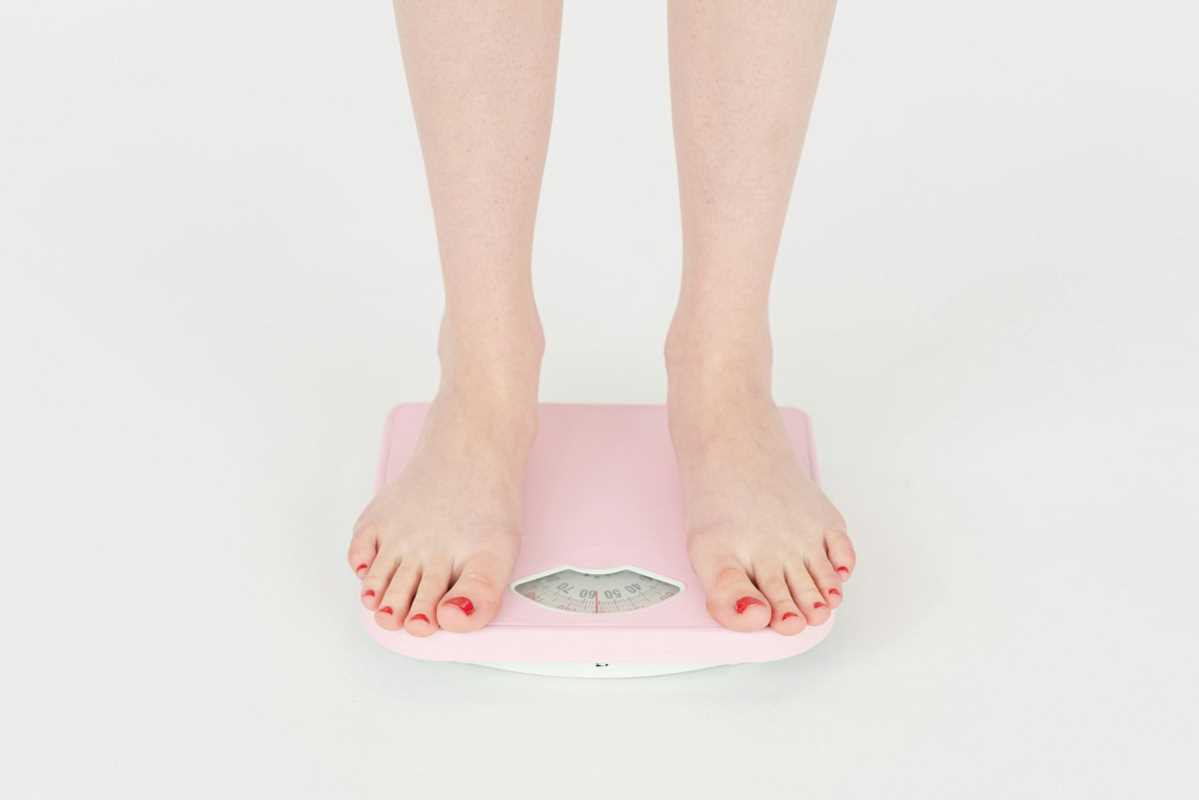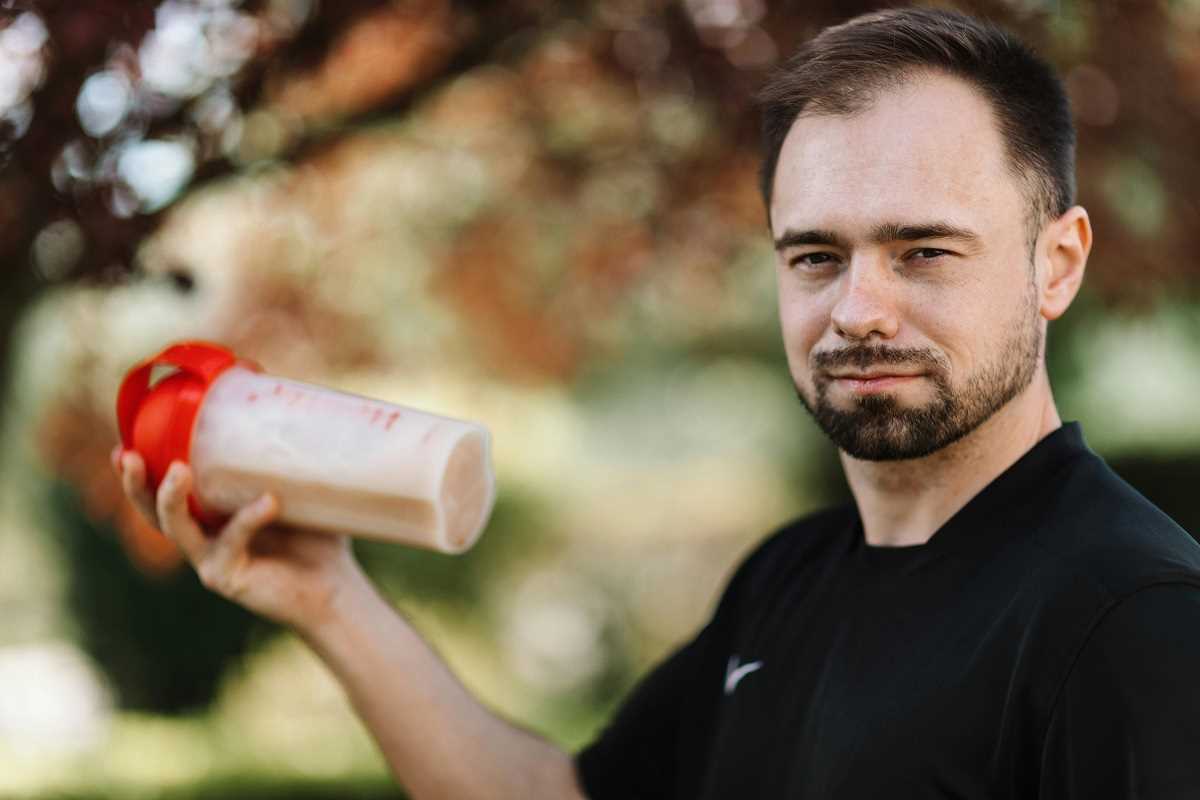When it comes to weight loss, most people focus on cutting calories and ramping up exercise. While these strategies are important, they don’t tell the full story. Protein, often called the building block of life, plays a vital role in not just helping you shed pounds, but keeping them off in the long run. Unlike crash diets that lead to fleeting results, incorporating adequate protein into your diet sets the foundation for sustainable weight loss and overall well-being.
Below, we’ll explore why protein is such a game-changer, how it supports long-term health, and practical ways to make it a staple in your diet.
Why Protein Matters for Weight Loss
Protein is much more than just a nutrient for bodybuilders. It’s essential for almost every function in your body, from building tissues and enzymes to fueling key metabolic processes. Here's how it specifically aids sustainable weight loss.
1. Promotes Satiety and Reduces Cravings
One of protein’s standout qualities is its ability to keep you feeling full longer than carbs or fats. This is because protein greatly impacts hunger hormones like ghrelin and peptide YY, signaling to your brain that you're satisfied after a meal.
The Impact on Eating Habits:
Imagine a breakfast of toast and jam versus one with eggs and turkey bacon. The protein-packed option keeps hunger at bay, minimizing the temptation for mid-morning snacks. Several studies, including one published in the journal Obesity, show that individuals on high-protein diets consume fewer calories throughout the day compared to those on lower-protein diets.
2. Preserves Muscle Mass
When you lose weight, your body doesn’t just burn fat; you also risk losing muscle. This is problematic since muscle plays a crucial role in maintaining a healthy metabolism.
Protein helps preserve lean muscle mass even during calorie deficits, ensuring that most of your weight loss comes from fat stores rather than muscle tissue. This muscle-preserving effect is especially important during long-term weight-loss efforts or as part of an exercise routine.
3. Boosts Metabolism via the Thermic Effect of Food
Did you know that your body burns calories just to digest and process food? This is called the thermic effect of food (TEF), and protein ranks highest in its energy demands compared to carbs and fats.
Why This Matters:
By eating more protein, your metabolism naturally gets a boost. For example, protein has a TEF of about 20-30%, meaning nearly a third of its calories are burned during digestion. Compare this to carbs (5-10%) or fats (0-3%), and you see why protein reigns supreme for weight loss.
4. Helps Sustain Weight Loss
The hardest part of weight management isn’t losing weight; it’s keeping it off. Because protein helps control hunger and preserve muscle, it offers a sustainable advantage in maintaining your goal weight. Research from the American Journal of Clinical Nutrition underscores that people who adopt high-protein diets are more likely to avoid regaining lost pounds.
High-Protein Foods to Support Weight Loss
Knowing the benefits of protein is one thing; incorporating it into your meals is another. Here’s a list of high-protein foods that make it easy to get your daily dose.
Animal-Based Options
- Eggs (6g protein/egg): Affordable, versatile, and packed with essential amino acids.
- Chicken Breast (31g protein/3oz): Perfect for meal prep, with endless seasoning possibilities.
- Salmon (22g protein/3oz): A great source of omega-3s alongside protein.
- Turkey (29g protein/3oz): A leaner alternative to red meat that works well in wraps or soups.
- Greek Yogurt (10g protein/100g): Opt for unsweetened varieties to avoid added sugars.
Plant-Based Options
- Lentils (18g protein/cup cooked): High in fiber and great for salads or soups.
- Chickpeas (15g protein/cup cooked): Blend into hummus or roast for a crunchy snack.
- Quinoa (8g protein/cup cooked): A complete protein that serves as an excellent base for bowls.
- Tofu (20g protein/half block): A versatile ingredient for stir-fries or scrambles.
- Nuts and Seeds (4-7g protein/ounce): Almonds, chia seeds, and pumpkin seeds make for quick snacks or toppings.
Tips for Incorporating Protein into Your Diet
If you’re ready to boost your protein intake, here are some practical, beginner-friendly tips.
1. Start Your Day with Protein
Swap sugary cereals for protein-packed omelets, Greek yogurt, or even a smoothie with protein powder. Breakfast sets the tone for your entire day, and a protein-rich start curbs mid-morning hunger.
2. Build Balanced Plates
For every meal, aim to include a source of protein alongside vegetables, healthy fats, and carbs. For example, pair grilled chicken with roasted vegetables and quinoa for a filling, nutrient-dense meal.
3. Add Protein to Your Snacks
Reaching for a snack? Choose options like hard-boiled eggs, cheese sticks, or a handful of edamame. These choices keep you satisfied between meals without packing in unnecessary calories.
4. Prep Protein Ahead
Batch-cooking protein like chicken, tofu, or boiled eggs makes it easier to add them to any meal during the week. Investing some time on Sunday can save you from resorting to unhealthy fast food during busy days.
5. Use Protein Powders Sparingly
While whole foods should be your main protein source, powders can be a convenient supplement. Look for options free from added sugars, and use them to fortify smoothies, oatmeal, or post-workout shakes.
How Much Protein Do You Need?
The ideal protein intake depends on factors like your weight, activity level, and goals. A general recommendation is to aim for about 0.8 to 1.2 grams of protein per pound of body weight, especially if you’re actively trying to lose weight or build muscle.
For example, if you weigh 150 pounds, aim for 120-150 grams of protein daily. Spread this amount evenly across meals to maximize its benefits.
 (Image via
(Image via





